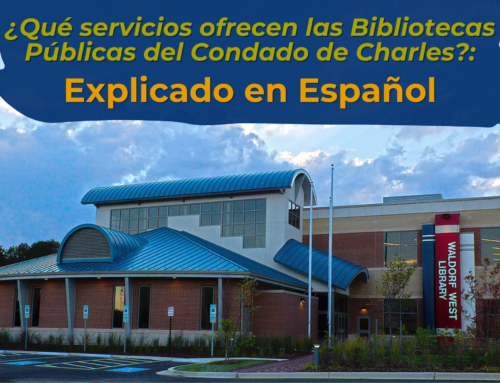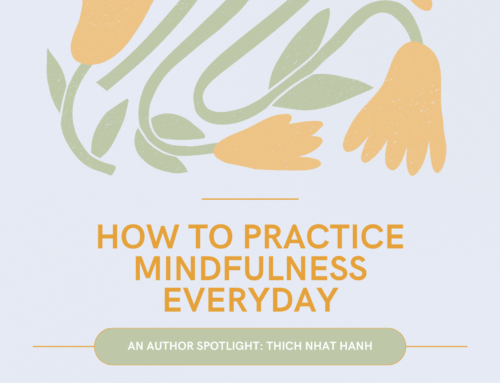Ever wonder if all the information you see on television or in the news is totally true? Here are several ways to spot fake news and fact check social media posts and news reports.
Enoch Pratt Library recommends assessing the source of the information. In an online guide titled “Fake News: How to Spot It,” they suggest asking the following questions:
- Do you know the person behind the presentation of the material?
- Is there a byline or introduction, and are you aware of the person’s expertise?
- Is the author listed on the site, or is there an “about me” section?
- Does the organization have an “about us” link?
- What is the name of the organization creating or hosting the content?
- Look at the URL. Does it have a tilde ~ in it? This is frequently a personal site.
- Check for the ending of the website’s URL: .gov, .edu, .mil, and .org are more credible than websites that end in .com, .net, and many others.
- Search the Internet for more information about the author.
- Search LinkedIn, a social media site for professionals.
- Search an online library catalog to see what books the author has written.
- Search online research databases to see what the author has written/published.
- Is this a firsthand account, or is this being seen through the eyes of an editor?
Mind Tools
Mind Tools recognizes that it can be difficult to discern fake news from real news. In an article titled “How to Spot Real and Fake News,” they lists six steps to follow when fact checking a story:
- Develop a Critical Mindset
- Check the Source
- See Who Else Is Reporting the Story
- Examine the Evidence
- Don’t Take Images at Face Value
- Check That it “Sounds Right”
Source: How to Spot Real and Fake News
Snopes
And, Snopes provides a “Field Guide to Fake News sites and Hoax Purveyors” that list sites commonly associated with reporting fake news. Included in the list are:
- National Report
- World News Daily Report
- Huzlers
- Empire News
- News Examiner
- NewsBuzzDaily
Source: Snopes’ Field Guide to Fake News Sites and Hoax Purveyors
Research
Most importantly, do your own research. Fact checking the media has never been easier.
- Check out the CCPL’s online resources for information on finding statistics and nationwide newspaper archives:
- American Fact Finder (census)
- Newspapers Archives
- Want the up to date information on what congress is doing? Try looking at C-SPAN
- Media Bias Fact Check has put together a list of the top ten fact checking websites for 2020, including Politifact, Science Feedback, Factcheck.org, Reuters Factcheck, and Ballotopedia
- Berkeley Library at the University of California has also compiled a list of fact checking websites:
- Saint Louis Community College Libraries has a Research Guide with information on fact checking, investigating quotes, and understanding how search engines spread misinformation.






